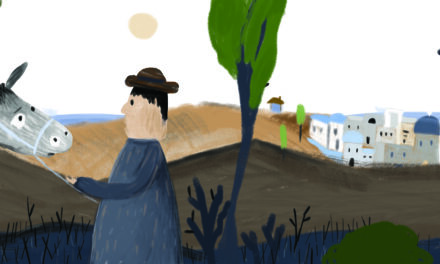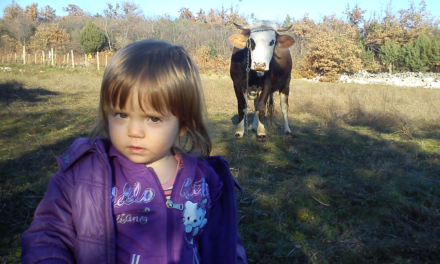Animal rights vs. human rights
Human beings have a certain set of inalienable rights because they are aware of themselves, because they have the ability to consider abstract concepts. Today, a growing number of animal advocates, scientists, philosophers and lawyers are asking whether certain animals qualify for the same legal protection. According to the widely accepted definition of a person, person is an individual with free will, sound mind and certain unalienable rights. That definition, of course, applies to all people regardless of gender, race, religion, nationality. This definition does not refer to some physical attributes, but rather focuses more on the mental features of a human being, such as the ability to learn, to have some abstract ideas, memories and thoughts about the future. Some animals are so intelligent and sentient that they can experience life very similar to a human child, therefore, animal rights activists argue that animals also should be protected like children. This idea that animals should have the same rights as humans has caused controversy in recent two decades.
When “things” become “animals”
The first breakthrough in history in the field of animal rights took place in Switzerland, progressive country that amended its constitution in 1992 to change animals from “things” to “beings”. That was important moment for animal rights movement. In 2002 Germany followed suite. In 2007 Spain’s autonomous Balearic islands decided to bestow legal rights to great apes. In the United States, Steven Wise, the director of the Nonhuman Rights Projects, sued a university in New York for the freedom of two chimpanzees. The judge ruled that university needed to show why it was holding these two chimpanzees, and actually used the term “habeas corpus”, which to that point, had only been applied, to human beings. That case is one of the most important in the animal rights movement.

Picture-book about animal rights
Criticism of the concept of animal rights
This new concept of animal rights has its critics as well. Opponents of that idea use to say: Ok, if we extend this same legal protection that human have to animals – like apes, dolphins, or elephants, how do you also accord them to the same responsibilities that humans have too? For example if one monkey killed and ate another monkey, do we charge that monkey with murder? If so, who will judge him? Monkey jury? That is why they conclude: Until animals can fulfil human duties, they can only have sub-par rights as humans. This argument is presented as all or nothing. Animals could have rights, but they don’t have to be the same rights as humans. It is possible to create new standards according to which animals will have rights and not follow the existing rules. Suggesting a bunch of legal responsibilities for animals doesn’t make sense when we compare them to human children because human children aren’t deemed legally responsible for their actions and still require care givers for safety & stability. If a child kills we don’t put it up on murder charges to face a jury of other children so saying we should do that with animals doesn’t make sense.
Opponents of the idea that animals should have human rights say that one cannot have a right without responsibilities. For example, responsibility to pay taxes or not harm anybody in society, thats how people get rights, while such an agreement with animals is not possible. Does this mean that those who do not pay taxes and electricity bills can be the objects of torture?
Is it okay to kill for taste?
However, this is not scientific, but more an ethical issue which is based on the opinion that animals have the right to a life free from suffering and torture. The time when we could rationally justify inhumanity to animals is long gone. For example, it’s obvious that pigs are at least as smart as dogs, but people go totally crazy when they hear that another culture eats dogs, while they eat bacon at the same time. Humans have a set of rights that protect them from suffering and death, in this regard, animals should have the same set of rights that will protect them from being tortured and killed. Animal rights activists believes that we do not have the right to kill animals just because we like the way they taste, or because their skins keep us warm, or how they can entertain us etc. They experience pain the same way human animals do.
What is rights and what is wrong?
A wise saying goes: Do not judge a person’s character by how he treats those with equal or greater power than his own, but by how he treats the weak, the helpless, whose suffering will pass without consequence. Right and wrong are intellectual and subjective concepts. What is right for one person may be wrong for another and vice versa. Animal’s advocates find that it is objectively wrong to cause suffering to living, sentient creatures that we would never want to experience ourselves. Maybe the question is not “should animals have human rights?” The rights question is “should we, as humans who are also animals, stop depriving other animals of their natural rights”? The animal rights debate is a philosophical debate about the nature of self-awareness. It would be interesting to determine if self-awareness has degrees, or if it can just be there or not.
The picture-book “The Turtle Who Fights For Animal Rights” presents the ideas of famous philosophers, artists and scientists who defended animal rights as if they were human rights. Children who read such literature will be less susceptible to various forms of manipulation and will know how to stand up for their vegan choices.













